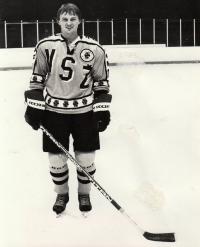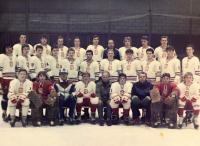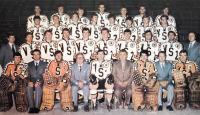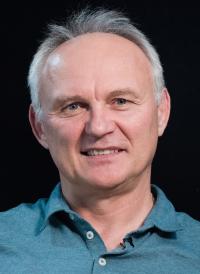The communists took his passport; he fled to America in a car’s trunk and he even played in the overseas NHL

Download image
Miroslav Ihnačák was born on February 19, 1962 in Poprad. Following his brother Peter, since his early childhood, Miroslav played ice hockey and gradually became one of the best forwards in the Czechoslovak Federal League. There he mainly played for the team of VSŽ Košice. However, due to the fact that in 1982 his brother Peter emigrated to Canada, Miroslav was forbidden to take part in the Czechoslovak national representation; he was deprived of his passport and was forbidden to play with his club abroad. Regarding the given situation, he also decided to emigrate, what came true in very dramatic circumstances during the Christmas holiday in 1985. From this time on he played for NHL in Toronto Maple Leafs and later he joined Detroit Red Wings. He decided to return to Europe after the Velvet Revolution and he played for various famous European clubs. He also became a member of the Slovak national team. Recently he works as a coach in the first Slovak hockey league.



